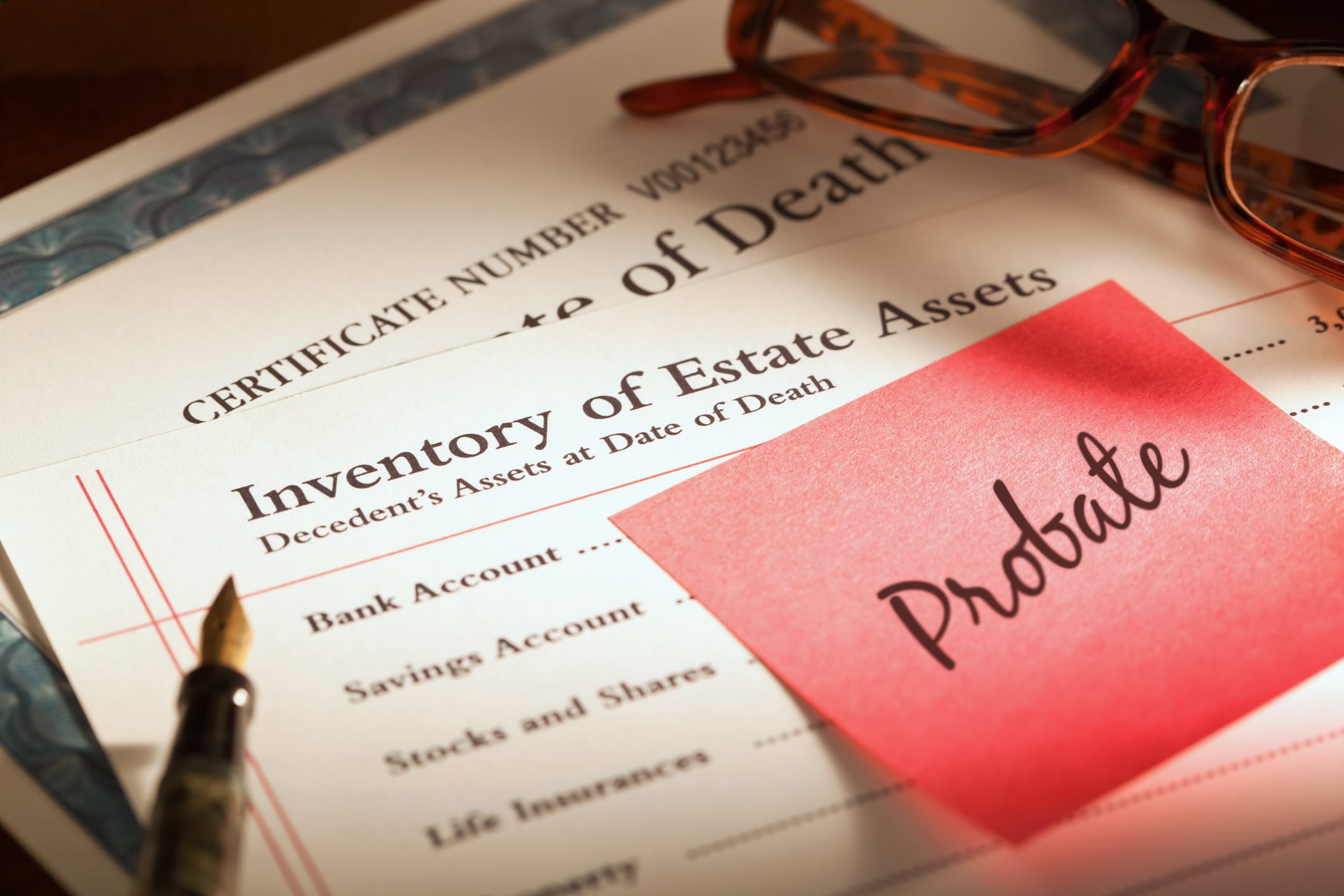How Should You Include Out-of-State Property in Your Estate Plan?
Many Michiganders have out-of-state property, whether they’re investing in real estate or have a second home in a warmer climate to escape the cold, snowy winters. However, many people aren’t aware of the implications out-of-state real estate can have on probate when someone dies and fails to factor this into their estate plans. The attorneys at Stuart Law, PLC, are here to explain how probate handles out-of-state assets and what you can do to protect your investments.
Understanding Ancillary Probate
When someone dies, their estate generally goes through the probate process in their state. However, if any assets, such as real estate, are held in other states, this can require multiple probates.
One of the main duties of an estate’s executor is to inventory all of the estate’s assets. This includes any out-of-state property. Once the executor is aware that there are assets titled or registered in another state, they will need to file to begin probate proceedings in the other state(s). For example, if someone lives in Michigan but has a second home in Florida and a rental property in Virginia, their estate could require three different probate actions.
These secondary probates are called ancillary probate. Ancillary probate can be an expensive and time-consuming process. Each state charges its own fees, and multiple probates can keep the estate tied up for months while everything is settled.
This process can be even more challenging if the person dies without a last will and testament. In this case, the estate is subject to the state’s intestacy laws where the assets are held. A will ensures that your wishes are made clear and that your assets end up with your intended beneficiaries. If you need help drafting a will and estate plan that accounts for out-of-state real estate, the attorneys at Stuart Law, PLC, can help.
Options for Out-of-State Property
Estate planning commonly aims to preserve assets and transfer as much of the estate as possible to beneficiaries. While ancillary probate can make this more difficult, other options exist, such as a trust or setting up a transfer on death arrangement.
Revocable Living Trust
A revocable living trust is an estate planning tool that can help you avoid probate for certain assets. Because assets in a trust are passed directly to the beneficiary on the grantor’s death, they do not have to go through the probate process. This is one of the simplest ways to handle out-of-state real estate assets.
To set up a revocable living trust, the first step is to determine what assets you want to place in the trust and who the beneficiaries of those assets will be. You will also need to designate a trustee who will be responsible for managing the trust after your death. Trusts are highly customizable, meaning you can add specific terms for how the assets in the trust should be distributed.
For example, you could opt to transfer an out-of-state property to one beneficiary directly upon your death. Or you could leave it to several beneficiaries, who each own a percentage. It is also possible to instruct the trustee to sell the property and distribute the proceeds to specific beneficiaries.
Because of the variety of options, it is a good idea to work with an estate planning attorney who can explain all of the strategies and help you select the terms that support your goals. A revocable living trust can also be changed or canceled at any time, leaving you in complete control of your assets up until your death.
Transfer on Death
Transfer on death arrangements for out-of-state properties can also help you avoid ancillary probate. Instead of going through probate, the property passes directly to another person. There are two main ways to accomplish this.
The first is a transfer on death deed. While Michigan doesn’t allow these deeds, they can potentially be used if the state in which the property is held does. This document sets up a specific beneficiary for the property when the original owner dies. When the original owner dies, the property is immediately transferred to the beneficiary without having to go through probate.
The second method of avoiding probate with out-of-state property is to set up joint ownership. When more than one person owns a property, they share the right of survivorship. This means that when one person dies, the other automatically inherits the deceased’s portion. In Michigan, this is referred to as joint tenancy. Different states may have specific rules for joint ownership, so it’s always essential to work with a knowledgeable estate planning attorney to ensure you are following the state’s laws.
You Need the Estate Planning Attorneys at Stuart Law, PLC
When you have complex or high-value assets, you need the knowledge and experience of the attorneys at Stuart Law, PLC. We understand how to ensure your estate plan addresses any out-of-state assets that may make the probate process more complicated. We can provide options that may let you skip probate entirely, protecting your assets and ensuring your beneficiaries receive their inheritances. Once you decide how you want to proceed, we’ll start putting the legal documents in place to protect your wishes.
Whether you have questions about Michigan’s probate process or how to establish a revocable trust, our team is here to help. Call our office at 616-747-8638 to schedule an appointment to discuss your estate planning needs and goals.



